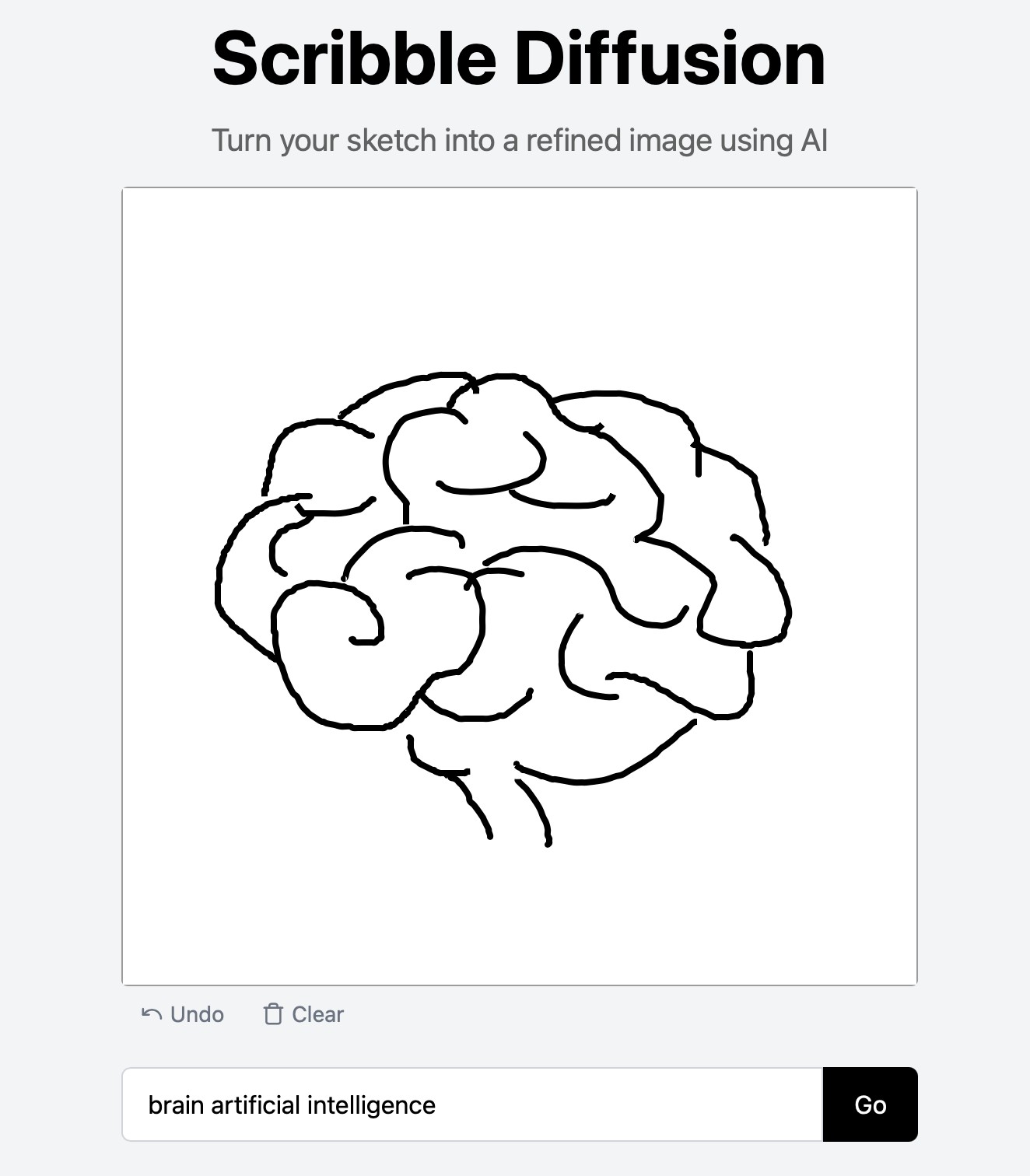Nor did I create the header image above.
Well, I, Paul Larson, did write this intro. And I sketched a brain, but Artificial Intelligence took over from there using ScribbleDiffusion, which starts with a crude sketch and adds photorealism based on your stylistic query.

...which resulted in this:

Content creation, as we know it, is changing quickly. Text, image, and video content now heavily leverages AI and it's only going to increase. Locally, a Star Tribune article shares ways Minnesota companies are employing AI in their marketing content. How much should a company stake its reputation on AI-generated content? Time will tell.
Read the excerpt below and judge for yourself. ChatGPT wrote the content below, given the request: Write a seven paragraph article that will introduce how website owners and content managers can leverage ChatGPT to produce useful content for marketing purposes.
As the internet continues to evolve, the need for engaging and informative content has never been greater. As a result, website owners and content managers are constantly searching for ways to improve their content strategies to attract and retain customers. One way to do this is by leveraging ChatGPT, a large language model trained by OpenAI that can generate text in natural language.
ChatGPT can be a useful tool for website owners and content managers because it can generate content quickly and efficiently. This means that businesses can produce more content in less time, which can help them stay ahead of their competition. Additionally, ChatGPT can produce content on a wide range of topics, which makes it a versatile tool for businesses in any industry.
Another benefit of using ChatGPT for marketing purposes is that it can generate content that is optimized for search engines. By incorporating keywords and phrases that are commonly searched for by consumers, businesses can increase their visibility online and attract more traffic to their website. This can ultimately lead to increased sales and revenue for the business.
In addition to generating content, ChatGPT can also be used to improve the customer experience. By using ChatGPT to create chatbots or virtual assistants, businesses can provide customers with 24/7 support and assistance. This can help improve customer satisfaction and loyalty, which can ultimately lead to increased sales and revenue for the business.
Furthermore, ChatGPT can be used to personalize content for individual customers. By analyzing customer data and preferences, ChatGPT can generate personalized recommendations and suggestions for products and services that are most likely to appeal to each customer. This can help improve the customer experience and increase the likelihood of a sale.
Another way that businesses can leverage ChatGPT for marketing purposes is by using it to create social media content. ChatGPT can generate text that is optimized for social media platforms, such as Twitter and Instagram, which can help businesses increase their reach and engagement with their audience. Additionally, ChatGPT can be used to create social media posts that are timely and relevant, which can help businesses stay top of mind with their customers.
Finally, businesses can use ChatGPT to improve their content marketing strategies. By using ChatGPT to analyze customer data and preferences, businesses can gain insights into what types of content are most effective at attracting and retaining customers.
It's Paul again. So, did ChatGPT deliver viable content? Please reach out with your comments or if you are interested in integrating AI into your content-creation process.

